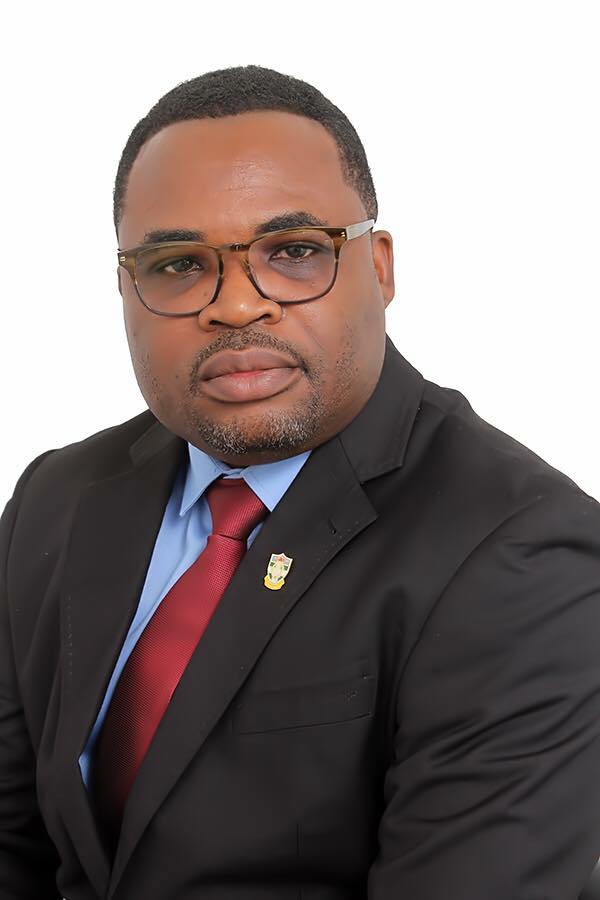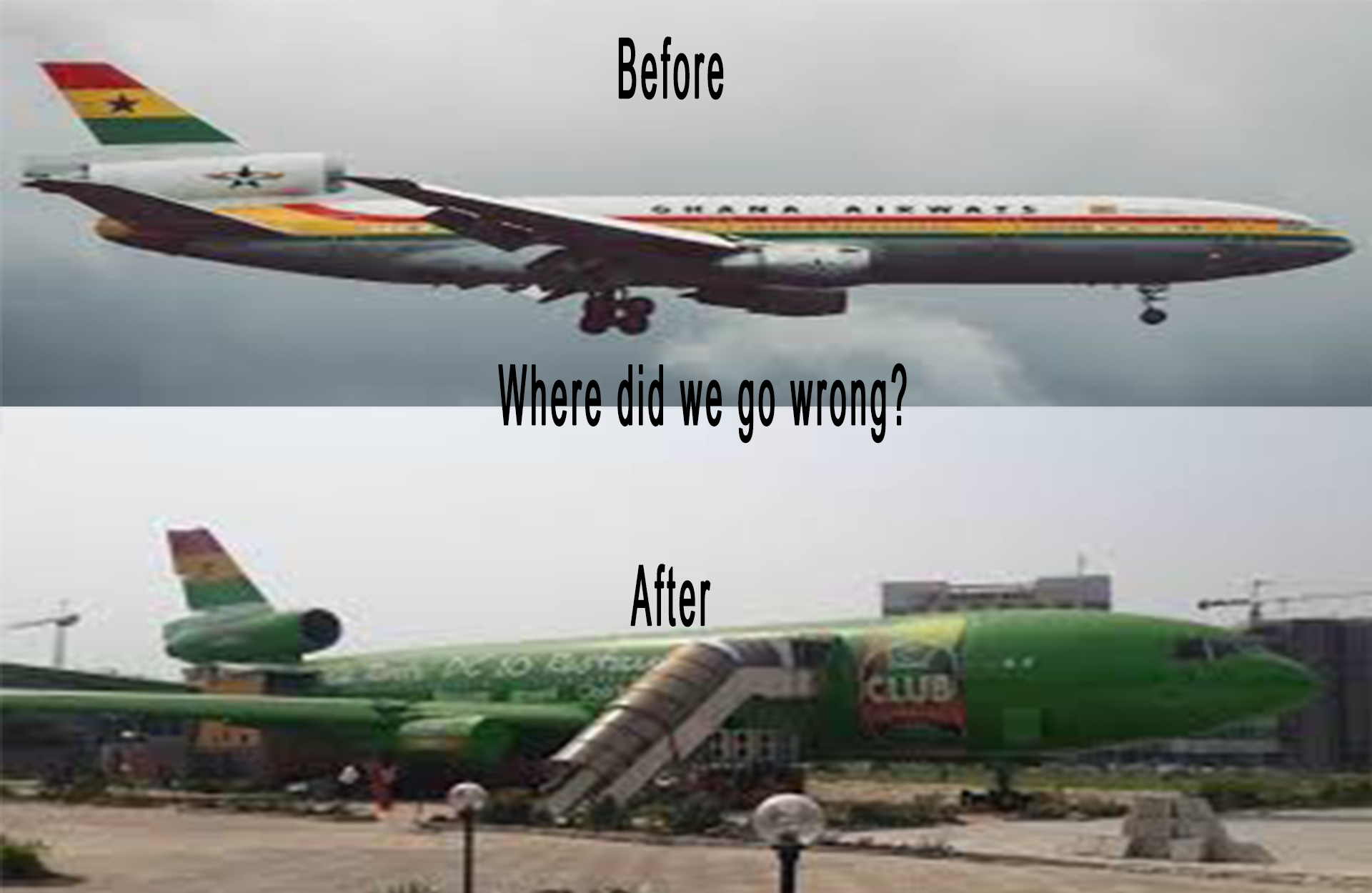“If a free society cannot help the many who are poor, it cannot save the few who are rich.”
– J.F. Kennedy
Growing up as a child, I used to read about how at Independence, Dr Kwame Nkrumah and his government had set the country on a highway towards accelerated development towards getting Ghana into the advanced world bracket. For instance, beyond the setting up of 24 new secondary schools, a chain of 22 GIHOC factories manufacturing items ranging from radios, shoes, sugar, corned beef, canned tomatoes, alcohol, textiles, etc to the chain of state-owned hotels and guest houses across the country. The country had established the only Dry Dock in Africa then because our leaders had begun a state shipping line as well as a state fishing company with several vessels and positioned the dock to undertake ship building and repairs across the continent. The country had a very competitive national airline (Ghana Airways), a shipping line with 14 vessels (Black Star Line) and transport company (STC). Thus, whether by sea, land or air, we had positioned for our country flagships that criss-crossed the west coast and linking it to the rest of Africa and beyond.
We got up the Akosombo Dam with the support of the Americans as a base for the emerging industrial revolution. Indeed within two years of establishing the Akosombo Dam, we were powering Togo, Benin, parts of Burkina Faso and Cote d’Ivoire. Leadership, knowing very well, that the rate of development merited the establishment of new power systems to absorb the ever-expanding industrial sector worked to consider new hydro dams to be built at Kpong, Bui and another one on the White Volta. It established the Ghana Atomic Energy Commission to explore the use of nuclear energy. By the late 1960s, no international conference could be held without the input of Ghana because the country had so positioned itself.
Business-minded Ghanaians took a cue from all of this and took advantage to create a very thriving private sector. J.K. Siaw single-handedly established the Tata Breweries (now Guinness Ghana in Achimota) and was well on his way into establishing a second one in Kumasi as well as starting his own indigenous bank; J.A. Addison started the factory that supplied bags for the cement factory; Mr Akenteng Appiah-Menka started the Apino Soap Factory among others; Kwabena Darko went into poultry production becoming the largest in that sector in Africa; Dr Kwame Safo-Adu who set up the Industrial Chemical Company (ICL) to manufacture drugs for both the domestic and export market; Appenteng Mensah of Panbros Salt; B.A. Mensah of International Tobacco, and countless others.As a country, we were producing virtually everything from buses and vehicles through processed foods and drinks to matches, textiles, etc.
Then entered our military eras with their disorganized and sometimes very chaotic way of getting things done. In the end, a few excesses were corrected whilst several others were made to degenerate. Along the line, we succeeded in collapsing most of our industries divesting them one at a time until we had virtually nothing left.
With such a heavy blow dealt from within, to the local industry, it was not surprising that even those who had the financial and instinctive ability to go into industry immediately recoiled with the few daring ones opting to go into trading in imported items rather than manufacturing.
The state itself had lost control over the industries established under the Nkrumah regime to give the country a starting leverage in the manufacturing sector and either sold them or allowed them to rot just like that. If today, more than fifty years of political independence, we have to import everything including tooth-picks, it is because at one stage in our political history, we brazenly decided to treat local entrepreneurship with scorn and disdain. We even made it dangerous for those who wanted to brave the weather and start something on their own.
In 2009, Globacom who had just begun operations in Ghana introduced fibre-optic telecom cabling to service its network. It is interesting to note that long before it did, our own VRA had one which they were successfully using to run their own telephony for corporate use as well as for some large organizations.
Meanwhile, as we succeeded in giving away everything of ours, other sister countries were busily positioning themselves for a great developmental take-off. Today Rwanda, which just ten years back was embroiled in a deadly genocide, is developed enough to run a viable national carrier. Same could be said of Namibia and Kenya. Even small Gambia has begun flying a national airliner and yet in my beloved Ghana, we have the audacity to give out our last DC 10 air carrier to be used as a restaurant with our flag still emblazoned on it.… and we are proud of this!

My dear friend,


Trackbacks/Pingbacks